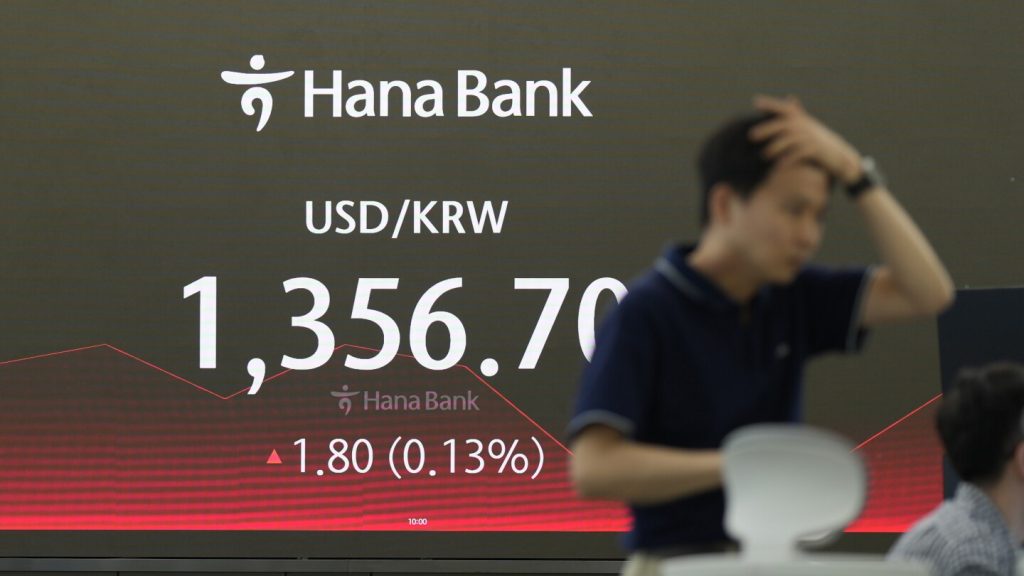Asian stocks advanced on Monday as U.S. stock indexes neared record highs, with the Dow Jones Industrial Average closing above 40,000 for the first time. U.S. futures rose and oil prices climbed as investors focused on the Middle East, where a helicopter carrying Iranian President Ebrahim Raisi crashed. China’s market extended gains after the central bank announced support for the property industry, leading to positive gains in the Hang Seng and Shanghai Composite indices.
In Tokyo, the Nikkei 225 index climbed, while Australia’s S&P/ASX 200 and Korea’s Kospi also saw gains. Taiwan’s Taiex edged higher as Taiwan inaugurated a new president expected to uphold the island’s de facto independence policy from China. The SET in Bangkok was up, reflecting positive sentiment in Asian markets. The Dow and other U.S. indexes have been on an upward trajectory since 2022, supported by the economy’s resilience to inflation and high interest rates.
The S&P 500 and Nasdaq also saw gains, with hopes for the Federal Reserve to cut interest rates to combat inflation. While some economists caution that optimism may be premature, the market remains hopeful for a rate cut to boost investment and economic growth. The bond market saw yields tick higher, with the 10-year Treasury rising. U.S. crude oil prices and the dollar also saw slight gains in Monday’s trading session. Overall, the market sentiment remains positive as investors keep a close eye on macroeconomic developments.
The central bank in China left the one- and five-year loan prime rates unchanged, in line with expectations. This decision has implications for new and outstanding loans in China, as well as property mortgages. Financial markets across Asia and the U.S. have been buoyed by strong economic data and hopes for policy support. The Federal Reserve’s stance on interest rates and inflation will continue to be a key driver of market sentiment in the coming months.
Investors are cautiously optimistic about the economic outlook, as evidenced by the positive performance of Asian and U.S. stock markets. The balancing act of controlling inflation while stimulating economic growth remains a challenge for central banks worldwide. As geopolitical tensions and macroeconomic indicators continue to influence market movements, investors are closely monitoring developments in key regions such as Asia and the Middle East. Overall, the positive momentum in stock markets reflects investor confidence in the economic recovery and policy support measures.


